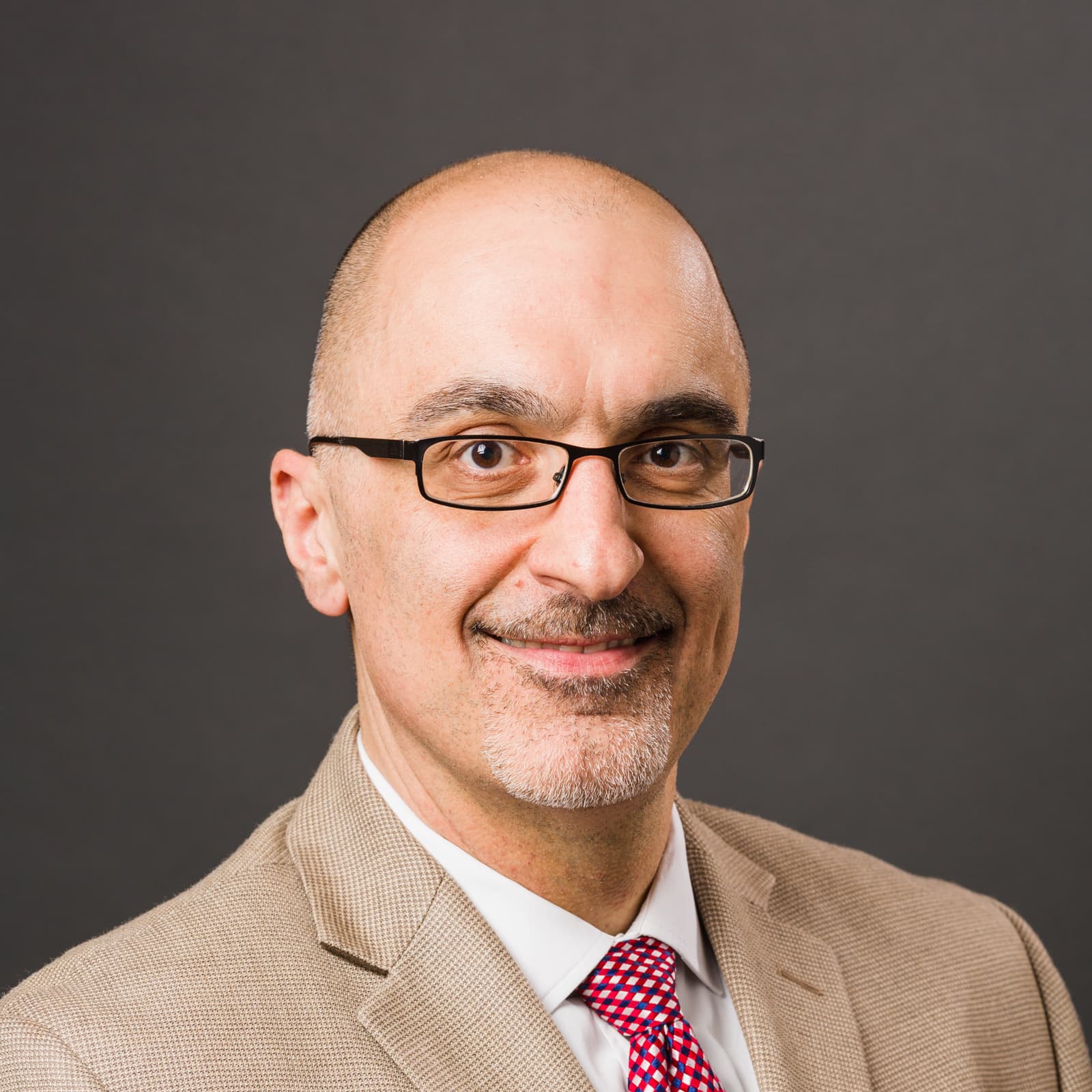Neonatal Herpes Simplex Virus
Definition
Neonatal herpes simplex virus (HSV) is a rare but potentially severe infection that affects newborns, typically transmitted from the mother during childbirth. The virus can cause a range of symptoms and complications, including skin, eye, and mouth infections, central nervous system involvement, and disseminated infections affecting multiple organs.
Related Specialists
Related Fact Sheets
Related Departments
Showing 3 of 22
Obstetrics, Gynecology & Reproductive Sciences
Yale’s Department of Obstetrics, Gynecology and Reproductive Sciences is dedicated to helping women at all stages of life. A global leader in women’s health, Yale is known for its innovative contributions to diagnosis and treatment, including: Developing the first fetal echocardiography Pioneering the first obstetrical ultrasound Developing the first fetal blood sampling and first fetal transfusion Offering the first chorionic villus sampling in New England Co-authoring the first U.S. study for first-trimester risk assessment Developing the first comprehensive first-trimester risk assessment program in New England Inventing fetal monitoring and many prenatal diagnostic and treatment techniques Our physicians tap into the broad expertise of our entire institution to provide compassionate, customized care for all of our patients, from adolescence through adulthood. Through eight subspecialty areas, we offer the most advanced diagnostics and therapies that harness the latest advances in technology. Recent clinical research includes a new emphasis on therapeutic vaccines in gynecologic oncology, novel treatments for endometriosis and menopause, a comprehensive patient safety program in maternal-fetal medicine, and an advanced fetal therapy program. Specialized care is offered in the following areas: Family planning Gynecologic oncology Gynecologic specialties Maternal-fetal medicine Obstetric specialties & midwifery Pediatric & adolescent gynecology Reproductive endocrinology & infertility Urogynecology & reconstructive pelvic surgery Maternal-fetal medicine service offers 24-hour on-site dedicated space for complex pregnancies and fetal care First in Connecticut to perform in-utero laser therapy in pregnancies complicated by twin-to-twin transfusion syndrome Outstanding survival outcomes for all types of gynecologic surgery, from open to robotic Pioneer in caring for patients with sexual intimacy issues after cancer surgery Fetal therapy program Midwifery and birthing centerInternal Medicine
Covering every aspect of health care for adults, Internal Medicine is the largest department in the Yale School of Medicine, and the largest clinical service at Yale New Haven Hospital. We provide comprehensive and specialized services in all areas in a variety of outpatient settings as well as the Veterans Affairs (VA) Connecticut Health Care System campus in West Haven. Our culture of collaboration and research gives patients access to expert opinions from nearly 1,000 doctors, as well as opportunities to get tomorrow’s health care today through more than 100 clinical trials. Most importantly, we attend to our diverse community of patients with compassionate, thorough care. Specialized care is offered in the following areas: Allergy & clinical immunology Cardiovascular medicine Digestive diseases Endocrinology General internal medicine Geriatrics Hematology Infectious diseases Medical oncology Occupational health & environmental medicine Nephrology Pulmonology, critical care & sleep medicine Rheumatology International reputation for work in understanding function, independence, and quality of life in older persons Key research breakthroughs of the past decade that include the development of a protective Lyme bacillus disease vaccine, exploration of the underlying causes of allergic disease, and the discovery of novel inherited immunological diseases Largest interventional cardiology program in Connecticut Major referral center for patients with type 1 and type 2 diabetes, as well as other metabolic conditions Nationally ranked program in kidney diseases and the largest kidney transplant program in New England, with multidisciplinary care clinics One of the largest peripheral vascular programs in the country, with leadership and participation in multiple new percutaneous device trials Once of only a few motility centers in Connecticut to provide all motility procedures and services Unique medical forensic exams for individuals with claims of torture who are seeking asylum in the U.S.Brain Tumor Center
The Chênevert Family Brain Tumor Center at Smilow Cancer Hospital and Yale Cancer Center is an internationally recognized leader in comprehensive and multidisciplinary clinical care, and a hub of excellence for brain tumor research. Our team of specialists is dedicated exclusively to the care of patients with all types of brain tumors, and has extensive experience with: Primary brain tumors, such as glioblastomas, astrocytomas, oligodendrogliomas, primary CNS lymphomas, and others Brain metastases and leptomeningeal metastases, which originate from other cancers in the body Other primary tumors, such as meningiomas and schwannomas Rare brain tumors including craniopharyngiomas, medulloblastomas, ependymomas pineal tumors, pituitary tumors, and others All types of neurological complications of cancer and their treatments Our expertise covers all critical components for successful care for patients with brain tumors, from comprehensive diagnostic evaluation and state-of-the-art genomic tumor profiling, to innovative treatment options and cutting-edge clinical trials. We treat all patients, whether they are newly diagnosed or have already received extensive treatment. Our expert physicians are readily available to offer second opinions for patients from all over the country, and rapidly accommodate our patients for prompt evaluation and initiation of care. We also offer an extensive program to improve patients’ quality of life before, during, and after treatment, including psychosocial support, rehabilitation for memory impairment, and other resources. Diagnosis Our experts use state-of-the-art technology to diagnose brain tumors with detailed accuracy. Three Tesla MRIs offer highly sophisticated testing, such as functional MRI, MR spectroscopy, and positron emission tomography (PET). Experienced neuroradiologists read all brain scans and evaluate the images for diagnosis. Importantly, all brain tumors that are biopsied or removed at our program undergo whole exome sequencing, the most advanced technique available for tumor characterization, which can target the vulnerabilities of individual tumors. Medical Oncology Many brain tumors require chemotherapy, targeted therapies, or other medical treatments, often combined with radiation therapy and surgery. Our team of neuro-oncologists have extensive expertise in delivering oncology treatments, with a focus on achieving optimal efficacy and safety. Each patient receives an individualized and coordinated treatment plan, taking into consideration the tumor type, molecular and genomic information on the tumor, and the patient’s own needs and choices. Additionally, our patients have access to cutting-edge Yale clinical trials exploring multiple novel strategies to fight brain cancer. Radiation Oncology Established in 1958 as one of the first Radiation Oncology departments in the country, the Yale Department of Therapeutic Radiology has played a foundational role in the national development of

